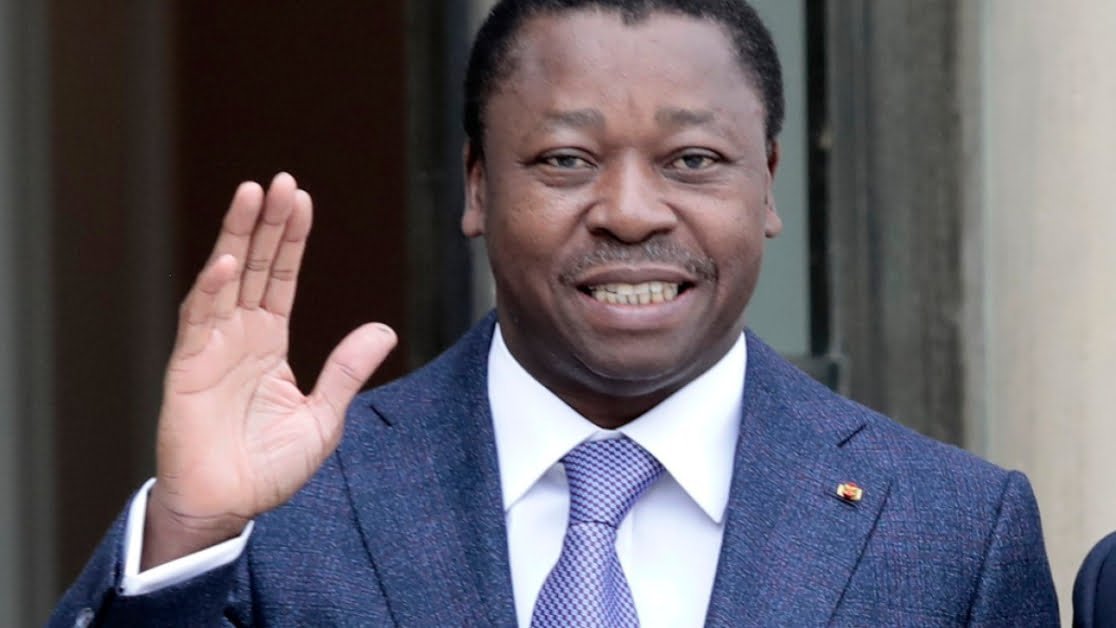Togo Braces for Presidential Election Amid Constitutional Reforms
Amidst mounting tensions in Togo, crucial constitutional reforms are on the horizon ahead of delayed parliamentary elections. The recent approval of these reforms by lawmakers has sparked public outrage, with concerns over the secretive process causing unrest among the Togolese population. The proposed changes aim to transition Togo from a presidential to a parliamentary system, potentially leading to the establishment of the country’s fifth republic. However, critics argue that this move is a veiled attempt to prolong President Faure Gnassingbe’s grip on power, maintaining a dynastic rule that has spanned nearly six decades.
In a bid to quell the escalating unrest, Gnassingbe recently postponed the parliamentary elections, further fueling discontent among the populace. Despite government warnings against unauthorized protests, opposition groups remain steadfast in their determination to challenge the reforms and defend the integrity of the constitution. The lack of popular consultation on the constitutional amendments has drawn comparisons to the 1992 referendum, which saw overwhelming public support for the constitution.
Faure Gnassingbe, who inherited the presidency from his father, General Gnassingbe Eyadema, has faced persistent opposition throughout his tenure. The family’s long-standing dominance in Togo’s political landscape has been marred by allegations of human rights abuses and electoral fraud. Calls for Gnassingbe to adhere to the two-term limit set forth in the original constitution have been met with resistance, culminating in periodic waves of protests and civil unrest.
The proposed constitutional changes seek to limit the president’s authority, shifting executive power to a newly created role of “president of the council of ministers.” Under this framework, the president would be appointed by parliament for a single six-year term, while the incumbent presidency would assume a ceremonial function. Critics, however, fear that these reforms could serve as a pretext for Gnassingbe to extend his rule beyond 2031, effectively circumventing term limits through a constitutional loophole.
Despite opposition from dissenting factions and civil society organizations, the reforms were swiftly passed by parliament, with minimal dissent from lawmakers. The fragmented nature of Togo’s political landscape has hindered cohesive resistance to the reforms, with opposition groups lacking significant leverage to challenge the government’s agenda. The Catholic bishops of Togo have denounced the constitutional amendments, questioning the legitimacy of the parliamentary process and urging Gnassingbe to halt the implementation of the reforms.
As the country braces for the upcoming parliamentary elections, tensions continue to escalate, with vocal dissenters mobilizing against what they perceive as a violation of democratic principles. The government’s crackdown on opposition protests and arrests of dissenting voices have only galvanized resistance against the reforms, with calls for public defiance growing louder. The rallying cry of “Don’t Touch My Constitution” has become a symbol of defiance for those opposed to the government’s attempts to amend the foundational document.
In the face of mounting opposition and a history of repressive tactics, the outcome of Togo’s political turmoil remains uncertain. The resilience of the Togolese people in challenging authoritarian rule and defending their constitutional rights will be put to the test in the coming days as the country grapples with the ramifications of the proposed reforms.


